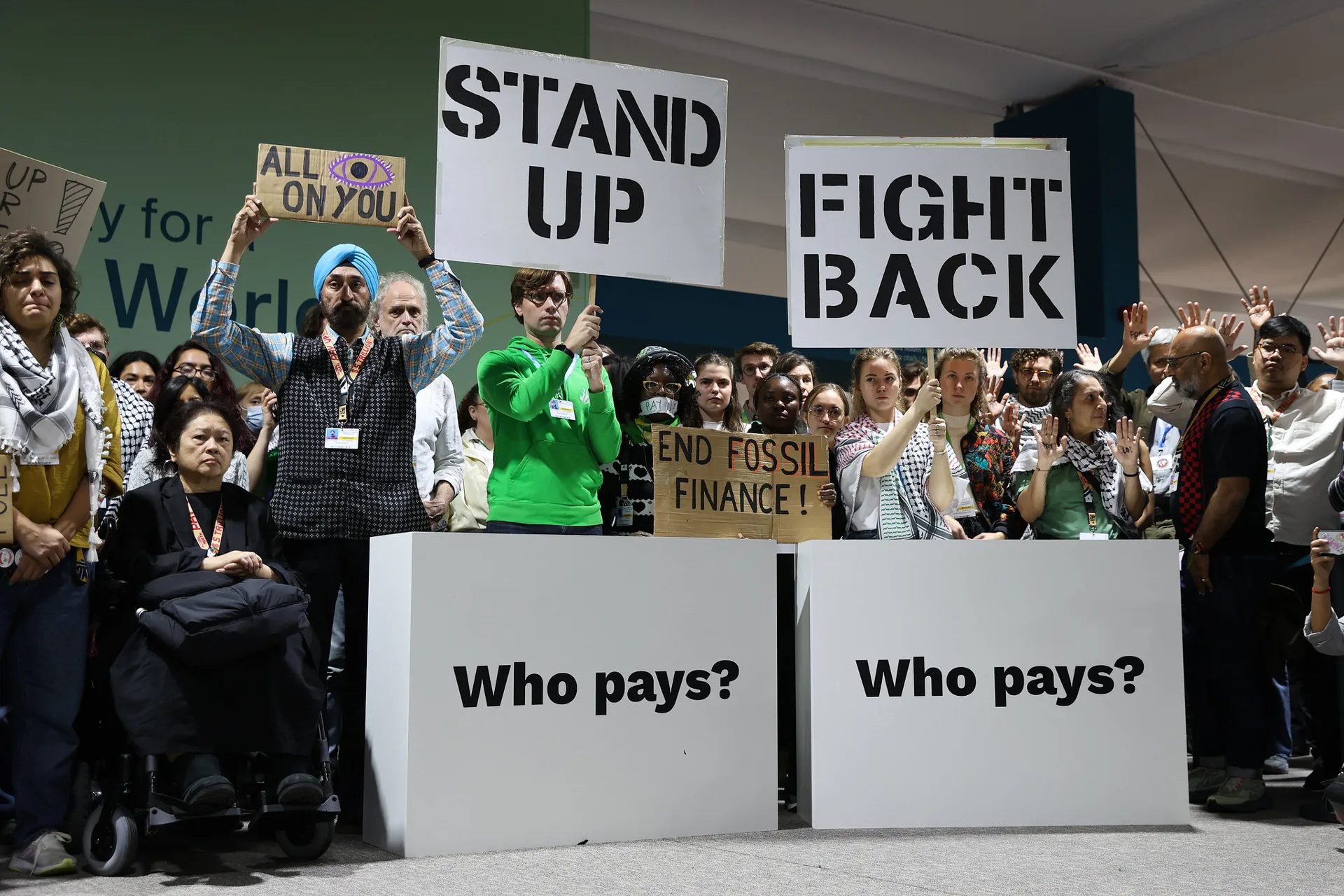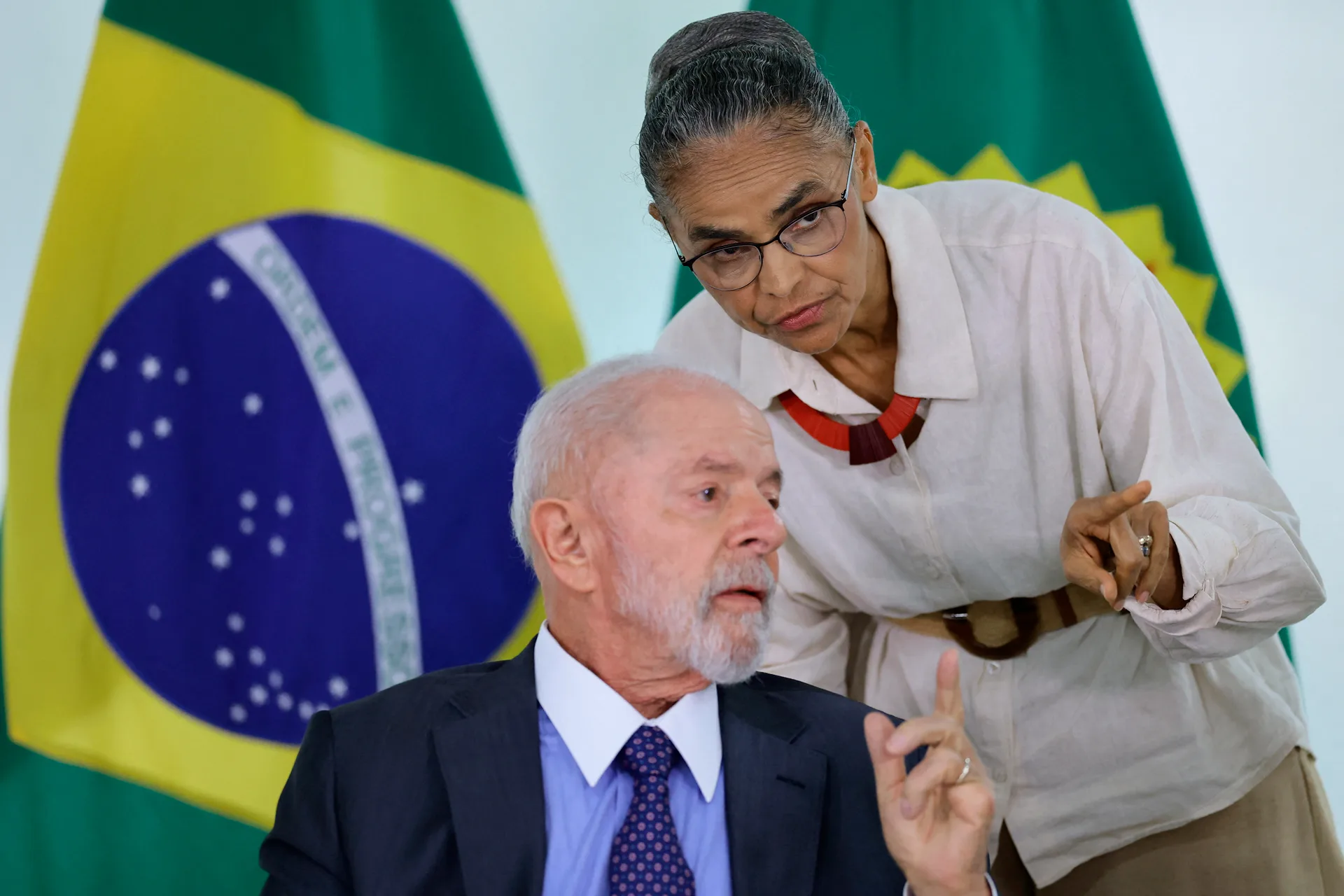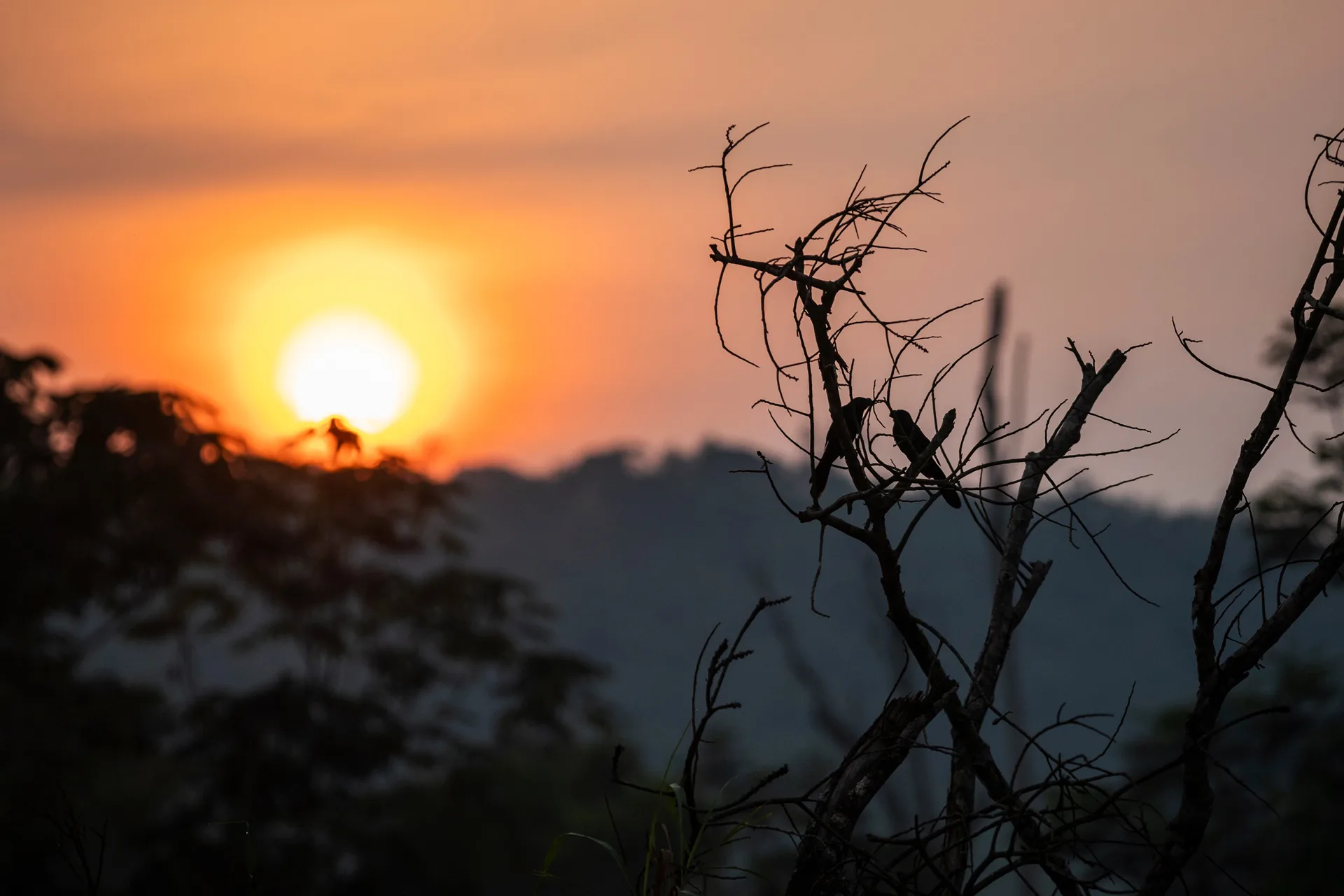In this sharply polarised world, there is one feeling we surely all have in common: a sense of relief when the weather behaves in a somewhat normal way.
That is all too rare these days so it was with immense joy that we received the news of a healthy downpour in Altamira, which breaks – for now at least – the unnaturally long and fiery dry season that has plagued Pará and much of the Amazon region for the second year in a row.
If we had a regular climate, we would now expect a daily deluge for several months that would replenish the desiccated rivers, quench criminal flames and revitalise the parched forest. The browns would turn to greens and the multitude of life would breathe more easily. All of that would be welcome news for those of us looking for seasonal cheer. Christmas isn’t Christmas without rain in the rainforest.
But some parts of the Amazon are still dry. Rainy seasons are getting steadily shorter each year, which is bad for the forest, bad for water supplies and bad for food creation.
Meanwhile human efforts to address global heating are in danger of slipping several steps backwards. The COP29 climate conference in Baku was one of the most miserable in living memory, as Claudia Antunes reports in this issue, and left Brazil with a mountain to climb in November next year, when Belém hosts COP30, the first ever climate summit in the Amazon. That mega-event ought to be an opportunity to put nature at the heart of the climate debate, to give indigenous communities a more influential role, and to inspire governments across the world to halt the burning of trees, coal, gas and oil. That would be an extraordinary legacy for president Lula and his environment minister Marina Silva, cementing Brazil’s place as a world leader.

Scene from a wretched COP-29: in 2025, Belém will be tasked with hosting the climate conference in the Amazon. Photo: Kiara Worth/UN Climate Change
Instead, however, there is a growing risk that Belém will see not a triumph but a breakdown because too many powerful forces are moving in the opposite direction on both the domestic and global stages.
Lula is weaker than he was in his previous two terms. He is constantly wrong-footed by the agribusiness-dominated Congress and his government’s ability to protect the environment is challenged by criminal arsonists, as Rafael Moro reveals in a new investigation and Juliana Bastos and Guilherme Guerreiro Neto show in their report from the fires in Arapujá.
If this continues, it is entirely possible that visitors to COP30 next year will witness the skies above Belém shrouded in criminal smoke, which would be a fitting symbol for a world in flames and global leadership taken over by fossil fuel interests.
The coming year will be tough. When Donald Trump takes power in January, he will move swiftly to once again withdraw the United States from the Paris Climate Agreement. The last time he did that, Europe played a counterbalancing role, but this will be harder in 2025 because Germany and France are plagued by political instability.

Lula and Marina Silva: COP-30 should pose a huge opportunity to consolidate Brazil as an environmental leader, but the government is sending erratic signs. Photo: Ueslei Marcelino/Reuters
Meanwhile, swathes of the corporate sector are backing away from what were already weak commitments to protect the environment. Coca Cola has diluted its promises on emissions and recycling. Corporate lobbyists have stymied efforts to pass a binding global treaty that would limit plastic pollution. Big US financial institutions, such as BlackRock and JPMorganChase are accused of providing capital for companies that clear forest and violate indigenous rights.
Inside Brazil too, there is a growing challenge from grain producers and traders to the soy moratorium, which has been the most prominent private-sector agreement to protect the Amazon for the past 18 years. Hardliners in the agriculture and mining industries are in the ascendent and will gain even more power thanks to the recent signing of the Mercosur trade deal.
Put all of these trends together with Trump’s cabinet of billionaires, who are together worth more than US$ 300 billion, and it feels we are entering an era where the very rich stop pretending they care for the environment, give up on most of the world’s population, and overtly grab power in the delusion that their money will protect them from the climate chaos to come.
In one sense, that puts the Amazon in a more precarious position. The rainforest will come under more extractive pressure, the far right will be emboldened, and climate breakdown will accelerate. But this will also create opportunities. The facade of a benign capitalist elite has been stripped away. The true colours (monochrome!) of neoliberalism are revealed. Those looking for transformative ideas and political dynamism will need to look beyond the industrial capitals of the global north.
Despite the many threats Belem COP30 faces from political enemies, logistical incapacity and potential police violence against civil society, it has a strong story to tell – of surviving colonialism and slavery, of reducing deforestation of both the Amazon and the Cerrado, of bringing more indigenous leaders into government. If the fight back is going to start anywhere, it has to be here, where traditional populations and farmers alike are being squeezed by global traders and a fossil-disrupted climate.
One way or another, it is sure to be another tumultuous year so hold on tight and stick together. SUMAÚMA will be reporting on all of the build-up through the eyes of our award-winning team of journalists and with the welcome addition of a new Belém-based reporter Guilherme Guerreiro Neto.
There are still many stories to cover, reasons to fight and causes for joy. Solidarity has never been more important. We thank all of you in the SUMAÚMA family for reading our articles and supporting our work over the past year. Wishing you all healing rains, moments of calm and renewed vigor for 2025.

Dawn in the Amazon: a sunrise snapped by a reporter near São Félix do Xingu, in Pará. Photo: Anderson Coelho/SUMAÚMA
Text: Jonathan Watts
Fact-checker: Douglas Maia
Proofreader (Portuguese): Valquíria Della Pozza
Portuguese translation: Denise Bobadilha
Spanish translation: Meritxell Almarza
Photo editor: Lela Beltrão
Copyediting and finishing: Natália Chagas
Editorial workflow coordination: Viviane Zandonadi
Editor-in-chief: Talita Bedinelli
Editorial director: Eliane Brum





